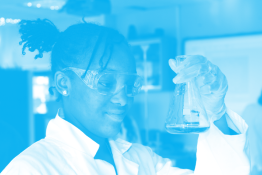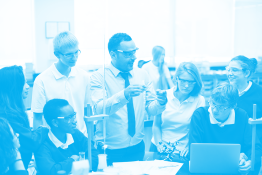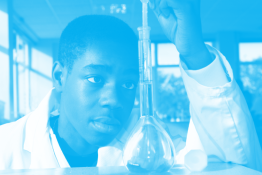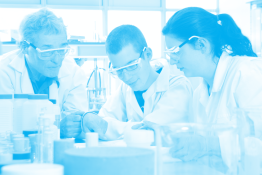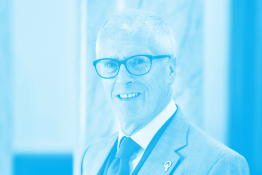Good Practical Science – Making it happen

The Gatsby Charitable Foundation’s Good Practical Science project, led by ASE's President Professor Sir John Holman, set out an international standard of what world-class practical science looks like. The report proposed ten benchmarks of what schools and teachers should do to achieve good practical science. Key to these is Benchmark 1 ‘Planned Practical Science’ – the production of a written policy explaining why teachers use practical science, the expected outcomes and how those outcomes will be achieved.
As anyone familiar with the Association for Science Education will know, we have long been champions of this report as it provides a framework for good practical science in schools and colleges. We launched the Making it happen project to support benchmark 1 (planned practical science) in the report by producing two resources for use by science departments to help them consider different aspects of writing and reviewing a policy for good practical science.
The first resource is structured as seven modules to guide you through the policy writing process, each containing: a presentation containing information, questions for reflection, links to activities and suggested next steps; presenter’s notes for use by a subject leader or others; and various supporting resources needed to complete the modules.
The second resource is a collection of five case studies that can be used to: stimulate reflection on current practice in teaching practical science and help identify some of the challenges experienced by learners; provide starting points for departments that may wish to work towards greater consistency and effectiveness in teaching practical science; and illustrate different ways in which subject leaders have overcome time constraints to help move their departments towards more consistent classroom thinking and behaviours.


